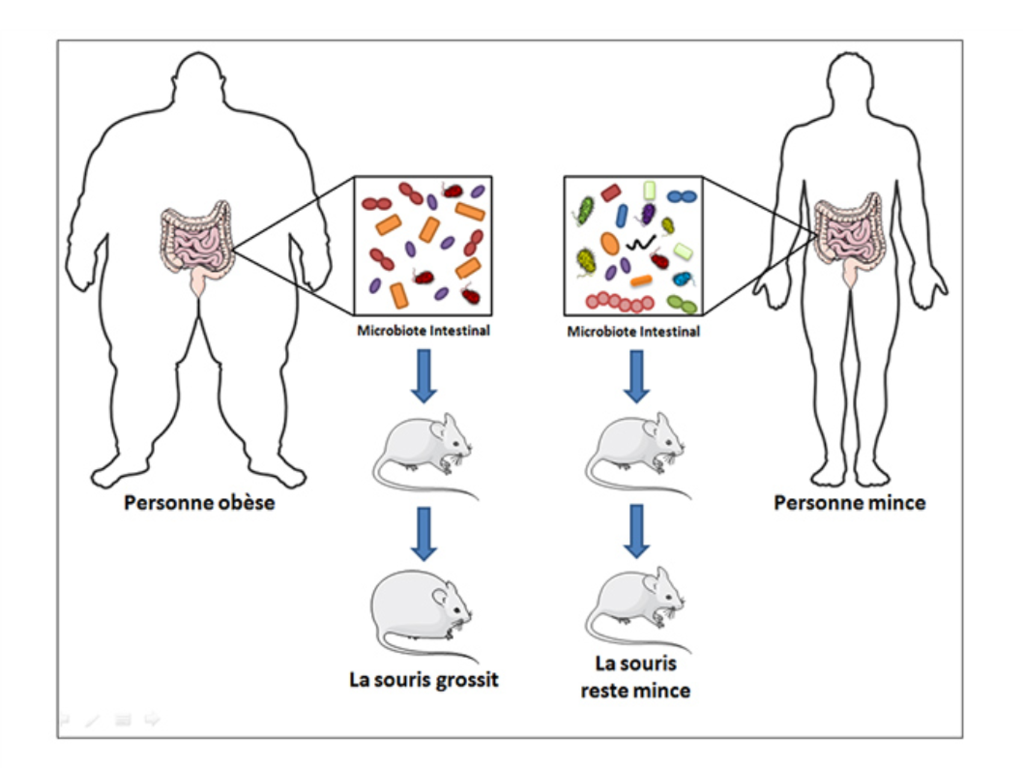
If you’re ever online, especially on social media, you’re going to come across a strange generational war that seems to have been waging for decades. It’s nothing new, especially for U.S. citizens. It’s common knowledge that older Americans view younger Americans as being lazier and less motivated than they were in their youth. It’s a story that’s probably as old as mankind itself, but social media has pushed it to the forefront of time-wasting internet habits and sleepless nights of unending doom scrolling. There are too many areas of contention to count, but at least one of them is true and science has the proof.
Obesity ≠ Laziness

One of the most common observations of note is that modern day Americans are heavier and less muscular than their 1980s counterparts. It’s something that anyone spending time with people over decades can attest to. Head into any middle or high school and you’ll have wizened teachers explaining that students are much larger than they used to be and they’re not wrong. A major study published in Obesity Research & Clinical Practice has shown that a person in 2006 had a BMI about 2.3 points higher than a person of the same age and habits as a person in 1988. That means people are 10% heavier than they used to be, but it’s not for the reasons most assume.
Exercise means Less

The authors of the study looked at the dietary habits of 36,400 Americans from 1971 through 2008. They also studied the exercise of 14,419 people from 1988 to 2006. They then took that data and grouped it into sets of food, activity, age, and BMI. The findings they revealed were that people who ate the same amount and types of food while practicing the same exercise were simply heavier in the 2000s than the people in the 80s. They could take one person eating the same macronutrients, such as fat and protein while having the same exercise habits in one decade and compare it to a person in a later decade and the results would be the same. Even though a 20-year-old in 2006 was exercising just as much as a 20-year-old in 1988, while eating the same amount and type of food, the person from 2006 was 10% heavier with a greater BMI and that means being overweight has nothing to do with habits or lifestyle.
Science and Obesity

Jennifer Kuk is a professor of kinesiology and health science at Toronto’s York University and she had plenty to say about the study. “Our study results suggest that if you are 25, you’d have to eat even less and exercise more than those older, to prevent gaining weight. However, it also indicates there may be other specific changes contributing to the rise in obesity beyond just diet and exercise.”
That left the question of what the difference meant and how it was happening. The team looked at the differences in food between the decades and saw a few things that might help explain the data.
Chemicals and Weight

The first thing they noted is that modern day people are exposed to many more chemicals than a person in the 1980s. Pesticides are much more widespread than before, but that’s not all. Flame retardant chemicals are much more common in the modern-day Americas, as are substances found in food packaging. These chemicals have the ability to alter our hormone levels and that could contribute to greater weight gain for all Americans. Once you begin altering those hormonal processes, it’s very difficult to reverse it, especially if you continue consuming the chemicals that are making it happen.
Prescription Drugs

There’s also a correlation between the rise of prescription drug use and the rise in BMI. Their use has risen dramatically since the 1980s and many of them have been clearly linked to weight gain. Prozac, for example, didn’t come out until 1988. It’s a selective serotonin reuptake inhibitor, or SSRI, and it’s widely known to cause weight gain or weight loss. This antidepressant, and many just like it, are some of the most commonly prescribed medications in the United States and it doesn’t take a leap in logic to see where they fit into the puzzle.
Microbiomes

That’s not the only thing that modern day Americans have working against them when it comes to their weight. Kuk and the rest of the team are of the opinion that our biomes may have changed over time and that’s a big factor in weight gain. Biomes are made up of bacteria in the gut and they have a lot to say about how much we weigh. Of course, just because the biomes have changed doesn’t immediately mean our weights have to go up. It’s the way they’ve changed that makes the difference and that’s the point the team is making.
It turns out that Americans are eating more meat than they were eating a few decades ago. That isn’t what’s causing the change either, though. What’s causing the change in microbiomes is how the meat is treated. Animal products are being treated with many more hormones than in previous decades and that’s what’s changing the bacteria in our guts. These changes were subtle at first, but they’ve built up since the 1980s and our bodies are digesting food and using nutrients in many different ways than they used to.
Times always Change

So what does all this mean? It comes down to how you look at the people around you. You’re seeing many more overweight people than you used to. You might even be overweight yourself. The fact is that it’s no one’s fault. It’s not a lack of exercise or an overindulgence in food. It’s simply the way our bodies are handling the things that make their way into them and none of them are things we’re choosing to consume. The world has made it much more difficult for people to stay fit. A modern day person would need to eat less and exercise more than a person from the 1980s and they wouldn’t even get to enjoy the same results. Keep that in mind the next time you walk into a social media discussion about how the new generation doesn’t apply itself as much as the previous ones. That’s not the case now and it wasn’t the case a hundred years ago. The world changes and the people living on it have to adapt to it. It becomes much more difficult when you don’t even know that the packaging your food comes in is making you unhealthy and there’s almost nothing you can do about it.
